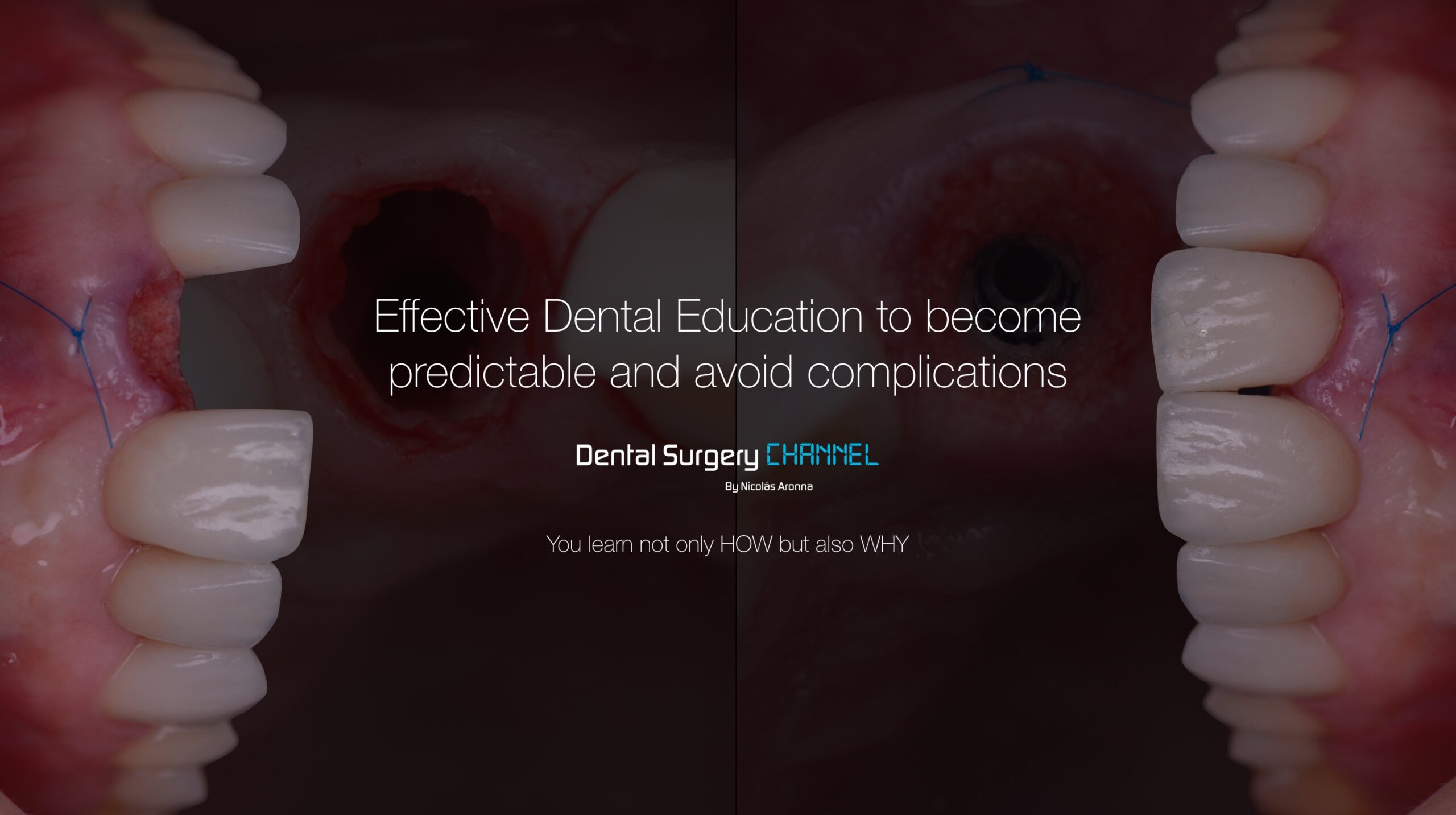I still remember when I was kicked out of the surgical room in NYU by tearing a flap at the time of reflection and not taking care of it.
I learned that more than a teared flap is a POTENTIAL COMPLICATION, especially when at the level of the mucosa, the extra thin tissue might not be sufficiently keratinized to close efficiently and avoid bacterial proliferation.
Today we live in 21st Century and our commitment to our profession and our patients should be minimize as much as possible the damage we create over the tissues when we are performing any surgery.
There are biological rules that should be respected in order to achieve a predictable result. By understanding the way the tissues respond following the biological pattern we can predict the results, behavior, and even squeeze the biology to improve our outcomes.
Type of incision, specific instrumentation, advanced techniques, learned skills and careful treatment of the tissues will make the difference between us and the competition.
The patient will remember us by the experience that lived preoperatively, peroperatively and postoperatively. And every single event that happens will have an impact on our patients, our profession and our future.
By learning Minimally Invasive Techniques in Dental Surgery Channel® we are assuming a better response of the tissues compared to traditional surgery, we are minimally disturbing the original structure to avoid an overreaction of the patient’s response.
When a big regenerative surgery needs to be performed is very important to prepare the patient periodontally, mentally and physically (medication, blood test, etc…you can check the Blog: The Rule of 7 for bone preservation around your implants and long term stability.)
in order to provide a better scenario for you as the Doctor and for the patient. Take your time but remember that too much time with the tissues exposed to the environment will raise the chances for excessive post-operative inflammation and complications.
Hydrate the surgical area constantly because the dryness of the tissues will literally kill cells and that is also reason for early postoperative complications.
Every single decision that we make pre-per-post surgery will have a biological reaction proportioned to the damage that was created.
So remember that you can always be better, do better and be minimally invasive to treat kindly those biological tissues which exposed to an aggressive or excessive management will not follow your predictions…


